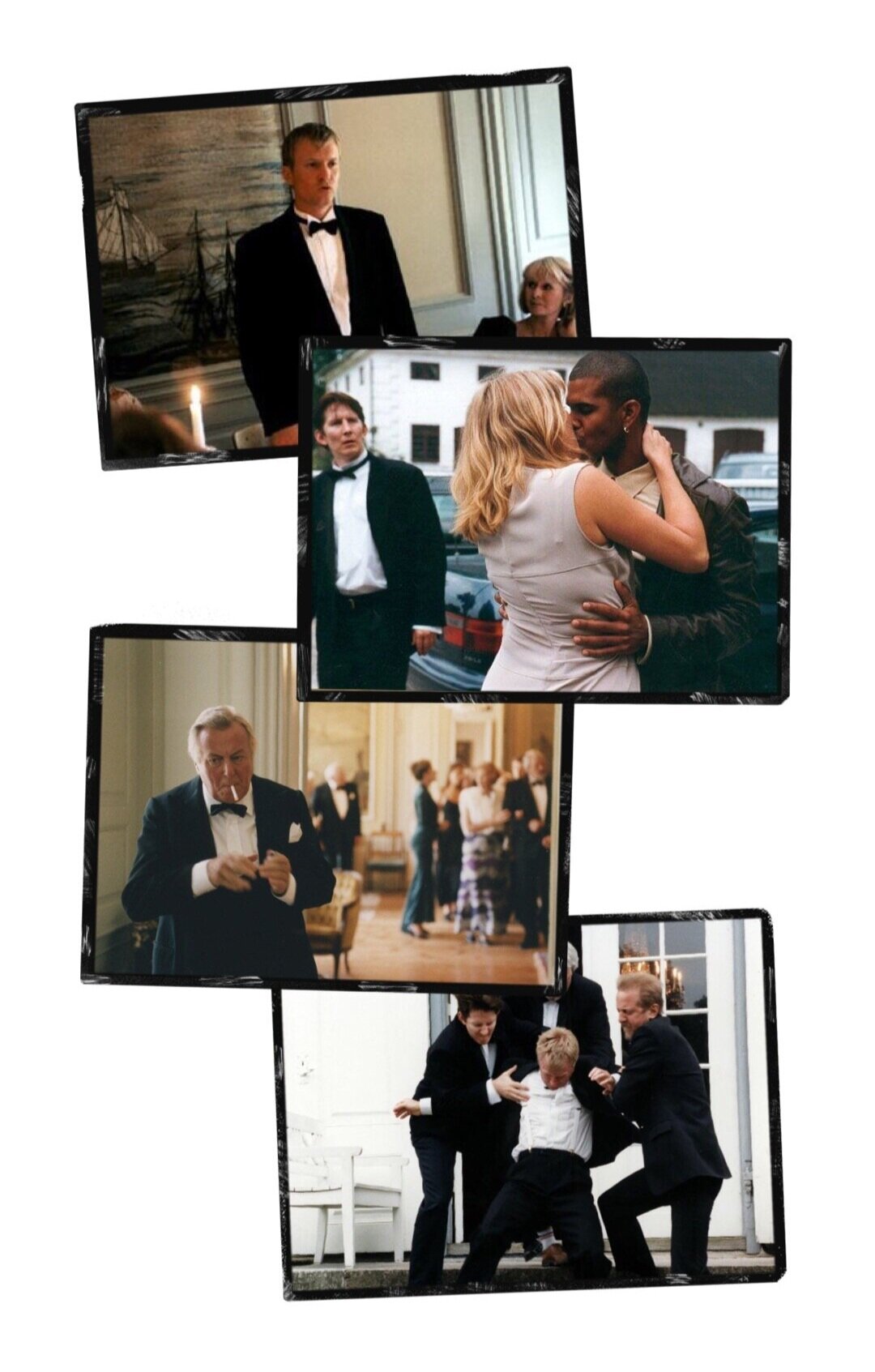Danish Cinema: Festen (The Celebration or Dogme #1) Review
Festen is Thomas Vinterberg’s first and only film under the Dogme Manifesto. The manifesto of 10 rules that he and Lars Von Trier created was an experiment in filmmaking and a way to create purity within in the process. Dogme was also an anarchist movement against cinematic convention, a game if you will. They set themselves a challenge and found that great films could be made under strict limitations. However, Dogme became fashionable (there’s Dogme furniture in Denmark!) and no longer a rebellion, which is why Festen is Vinterberg’s first and only Dogme film.
Festen follows a family gathering that turns into chaos and darkness after the eldest son, Christian makes a speech that reveals that he was sexually abused as a child by his father. What makes Festen a compelling watch is how information is slowly drip-fed to the audience; it’s as if we are also guests at the party, learning the truth as events unfold. Moreover, the Dogme filming style furthers this feeling of being one of the guests. The lo-fi lighting and home movie quality of the footage allows us to experience the story as if it is real and that it is us behind the camera capturing the party as it spirals out of control.
Indeed, it is high praise if Bergman himself tells you that your film is a masterpiece, and that’s precisely what happened to Vinterberg. Funnily, Vinterberg then confessed that he had ‘stolen’ a scene from Bergman’s Fanny and Alexander, the moment where all the guests dance through the house (Bergman then countered that he has stolen that from Visconti’s The Leopard). Personally, that is one of my favourite moments of Festen as it shows how chaotic family gatherings can be. Also, the fact that everyone is partaking in a family tradition while simultaneously trying to carry on as normal and ignore Christian’s shock confession is just so darkly comedic. In fact, because the father is so successful and influential, most people can’t believe the truth, and it is only later in the film in a powerful scene that everything is settled. Still, you are completely sucked into the film willing Christian to get through to people until that crucial moment.
It should also not come as a surprise that Festen has become a successful stage play, having been performed in 15 different languages thus far. It’s easy to see why due to the compact cast and limited setting (the whole film was shot at Skjoldenæsholm Castle) and I personally would love to see how it translates onto the stage as films are often based on plays rather than becoming one later (to my knowledge that is).


